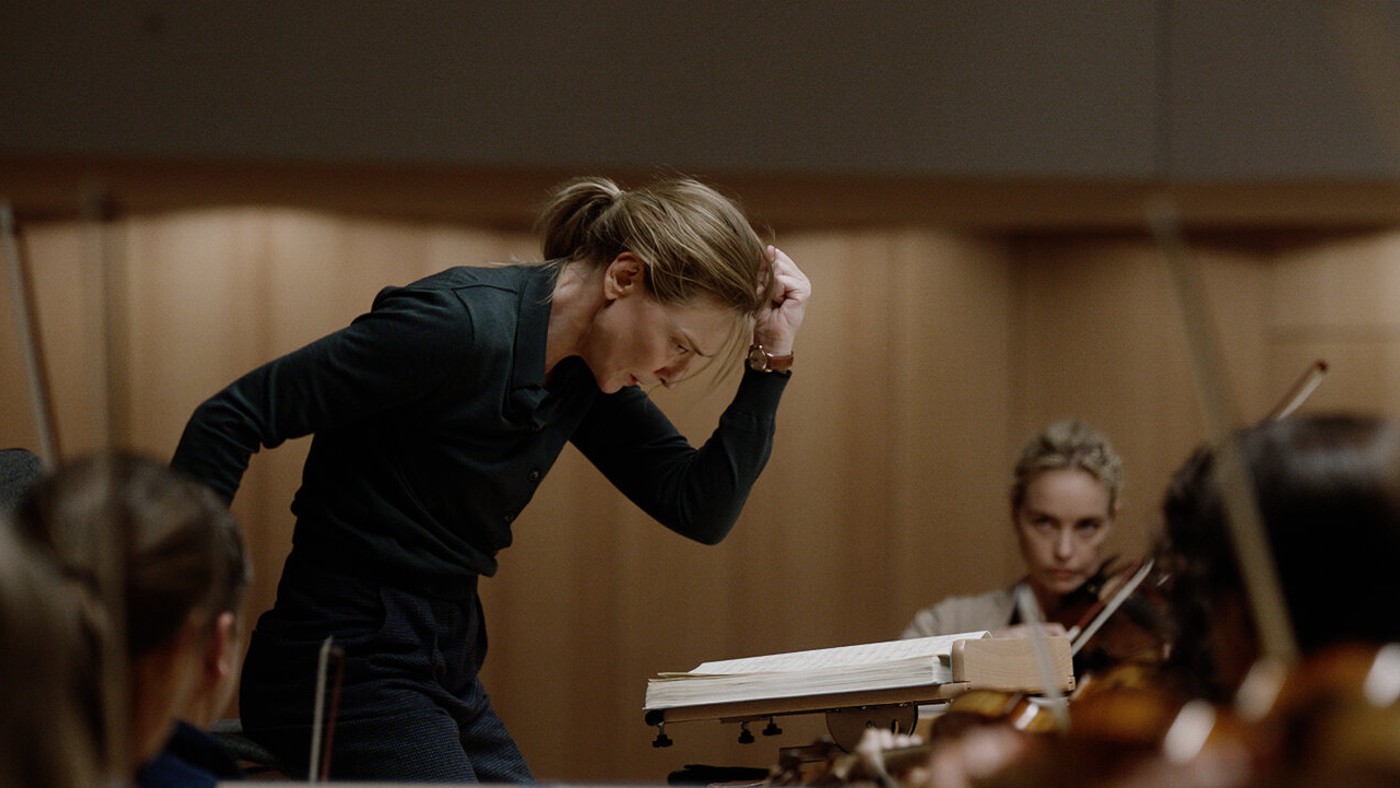What is misophonia?
New Cate Blanchett film Tár has drawn attention to the little-known but debilitating neurological condition

A free daily email with the biggest news stories of the day – and the best features from TheWeek.com
You are now subscribed
Your newsletter sign-up was successful
Do sounds like crisp crunching, gum chewing, heavy breathing, throat clearing and sniffing generate an intense negative reaction in you? If so, it’s likely that you are one of the 18% of people in the UK who suffer from a relatively obscure but genuinely debilitating neurological sensory condition called misophonia.
Although research on the syndrome “is still in its infancy”, interest in “the phenomenon” has grown in recent years, reported misophonia sufferer Melinda Wenner Moyer in The New York Times (NYT) in September.
What is misophonia?
The Oscar-nominated new movie Tár, in which Cate Blanchett’s character is triggered by “the noise of a clicking pen and a steadily pulsing metronome”, has been credited with highlighting the little-known disorder, said The Times. And Ruby, a character in the hit Netflix show Sex Education, has similarly contributed to an increased understanding of the condition.
The Week
Escape your echo chamber. Get the facts behind the news, plus analysis from multiple perspectives.

Sign up for The Week's Free Newsletters
From our morning news briefing to a weekly Good News Newsletter, get the best of The Week delivered directly to your inbox.
From our morning news briefing to a weekly Good News Newsletter, get the best of The Week delivered directly to your inbox.
Even so, only “around 14% of people in the UK are aware of misophonia”, said Ellie Violet Bramley – who suffers from the syndrome – in a piece for The Guardian. A reason for this could be how hard misophonia, which Bramley says is known as “sound rage”, is to talk about.
“You are essentially telling someone: ‘The sound of you eating and breathing – the sounds of you keeping yourself alive – are repulsing me,’” explained Jane Gregory, a clinical psychologist who co-authored a paper on the condition. “It’s really hard to find a polite way to say that.”
What causes it?
Studies of brain scans have suggested that people with misophonia interpret “specific innocuous sounds as threats”, explained Wenner Moyer. Certain sounds seem to trigger a response by sufferers’ autonomic nervous system, the part of the body responsible for our involuntary “fight or flight” response.
For people with misophonia, ordinary sounds can lead to an “aversive reaction”, which could “take the form of physical changes”, said Bramley. These changes could include “increased muscle tension or heart rate, or emotional responses such as irritability, shame and anxiety”.
A free daily email with the biggest news stories of the day – and the best features from TheWeek.com
In Wenner Moyer’s case, seemingly innocuous sounds like her “husband chewing” and someone “slurping” send her “into a fit of rage”. “I often can’t help but make a comment… then I typically walk away to escape the sound before I do something that might land me in prison,” she wrote.
What is the impact of misophonia on lives?
Misophonia sufferers on the extreme end of the spectrum have reported it having a “severe” impact on their lives, necessitating the end of relationships or house moves to escape “triggering neighbours”, said Bramley.
So what options are available to those people whose misophonia is impacting their lives? “If your partner’s sounds are making you murderous, try talking with them about it,” suggested Zach Rosenthal, a clinical psychologist and the director of a misophonia centre at Duke University, North Carolina, in the NYT piece. “Tell them your reactions aren’t conscious choices, and ask for their support if you need to walk away or eat separately.”
And although there is “no magic formula” for treating misophonia, cognitive behavioural therapy (CBT) might help sufferers understand and better manage their reactions, said Psychology Today. Other forms of therapy, including sound therapy and music therapy, have been known to alleviate the symptoms, as well as “lifestyle changes” such as using noise cancelling headphones.
Sometimes, added Bramley, the “best option” for coping with the impact of misophonia is to simply “walk away”. “By the time you re-enter the room, the sound might be gone, or you might feel better equipped” to deal with the way your brain is reacting to the trigger.
Kate Samuelson is The Week's former newsletter editor. She was also a regular guest on award-winning podcast The Week Unwrapped. Kate's career as a journalist began on the MailOnline graduate training scheme, which involved stints as a reporter at the South West News Service's office in Cambridge and the Liverpool Echo. She moved from MailOnline to Time magazine's satellite office in London, where she covered current affairs and culture for both the print mag and website. Before joining The Week, Kate worked at ActionAid UK, where she led the planning and delivery of all content gathering trips, from Bangladesh to Brazil. She is passionate about women's rights and using her skills as a journalist to highlight underrepresented communities. Alongside her staff roles, Kate has written for various magazines and newspapers including Stylist, Metro.co.uk, The Guardian and the i news site. She is also the founder and editor of Cheapskate London, an award-winning weekly newsletter that curates the best free events with the aim of making the capital more accessible.